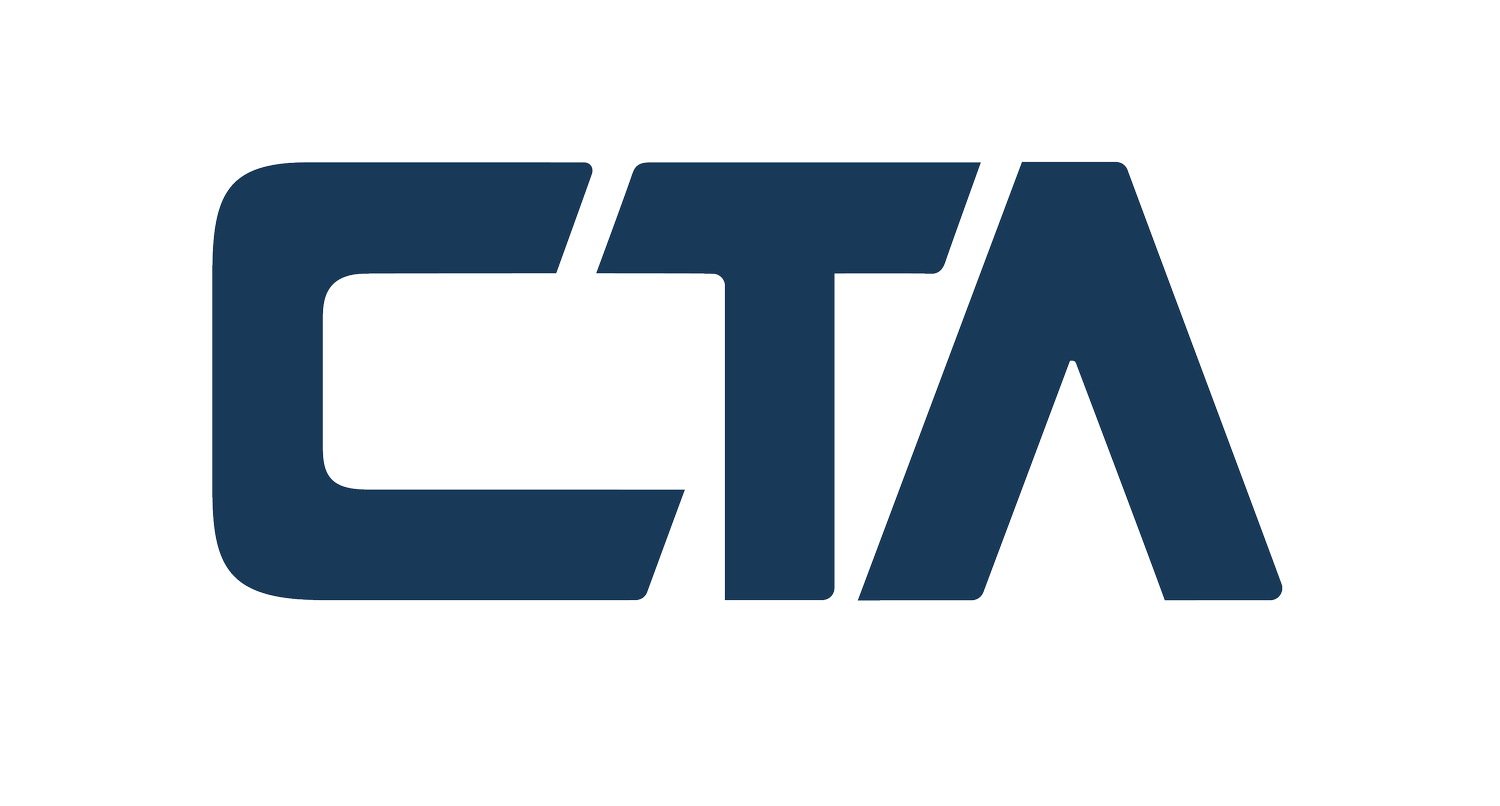In the dynamic landscape of technology startups, understanding the nuances of tax law can significantly impact the growth and sustainability of a business. One such nuance, Section 174 of the U.S. Internal Revenue Code, plays a pivotal role in fostering innovation and development within the tech industry. This article provides a comprehensive overview of Section 174, exploring its implications, benefits, and strategic considerations for technology startups. The Section 174 repeal significantly impacts businesses by altering the way research and development expenses are deducted for tax purposes.
Understanding Section 174
Section 174 of the U.S. Internal Revenue Code offers a tax provision that allows businesses to deduct research and development (R&D) expenses from their taxable income. This deduction aims to encourage companies to invest in innovation and technical development by reducing the financial burden of R&D activities.
For technology startups, which often invest heavily in R&D to develop new products, services, or software, Section 174 can be particularly beneficial. It covers a wide range of expenses, including wages, supplies, and costs associated with third-party contractors engaged in research activities.

Implications Section 174 in Technology Startups
The implications of Section 174 for technology startups are multifaceted. Firstly, it provides immediate financial relief by lowering taxable income, thus enhancing cash flow. This is crucial for startups, where cash flow management is often a primary concern.
Secondly, the provision supports long-term strategic planning. By offering a predictable method for reducing tax liabilities associated with R&D, startups can more accurately forecast their financial positions and allocate resources more efficiently.
Moreover, Section 174 encourages startups to pursue ambitious R&D projects that they might otherwise deem too risky or financially burdensome. This not only accelerates technological advancement but also promotes a culture of innovation within the startup ecosystem.
Benefits of Section 174
The benefits of leveraging Section 174 for technology startups are significant:
- Reduced Tax Burden: By allowing startups to deduct R&D expenses, Section 174 directly lowers their tax obligations, providing more liquidity for operations and growth initiatives.
- Encouragement of Innovation: With the financial incentives offered by Section 174, startups are more likely to invest in innovative projects, contributing to technological advancements and competitive differentiation.
- Enhanced Valuation: Startups that consistently invest in R&D can develop proprietary technologies, potentially increasing their valuation and attractiveness to investors.
Strategic Considerations
While the advantages of Section 174 are clear, technology startups should consider several strategic factors to maximize its benefits:
- Documentation and Compliance: Proper documentation of R&D expenses is crucial for compliance. Startups should maintain detailed records of their R&D activities and expenditures to substantiate their deductions.
- Strategic Planning: Companies should integrate their R&D tax credit strategy into their broader financial planning processes. This includes assessing how best to utilize the deductions to support growth and investment in innovation.
- Consulting with Tax Professionals: Given the complexities of tax law, consulting with professionals who specialize in R&D tax credits can ensure that startups fully leverage Section 174 while remaining compliant with IRS regulations.
Conclusion
For technology startups, Section 174 of the U.S. Internal Revenue Code represents a critical tool for fostering innovation, reducing tax liabilities, and supporting growth. By understanding and strategically leveraging this provision, startups can significantly enhance their competitive edge and financial health. As the tech industry continues to evolve, the role of Section 174 in supporting entrepreneurial innovation becomes increasingly important, making it an essential consideration for any tech startup embarking on R&D activities. Stay informed on the latest tax law changes and how the Section 174 repeal could impact your business’s R&D deductions.









